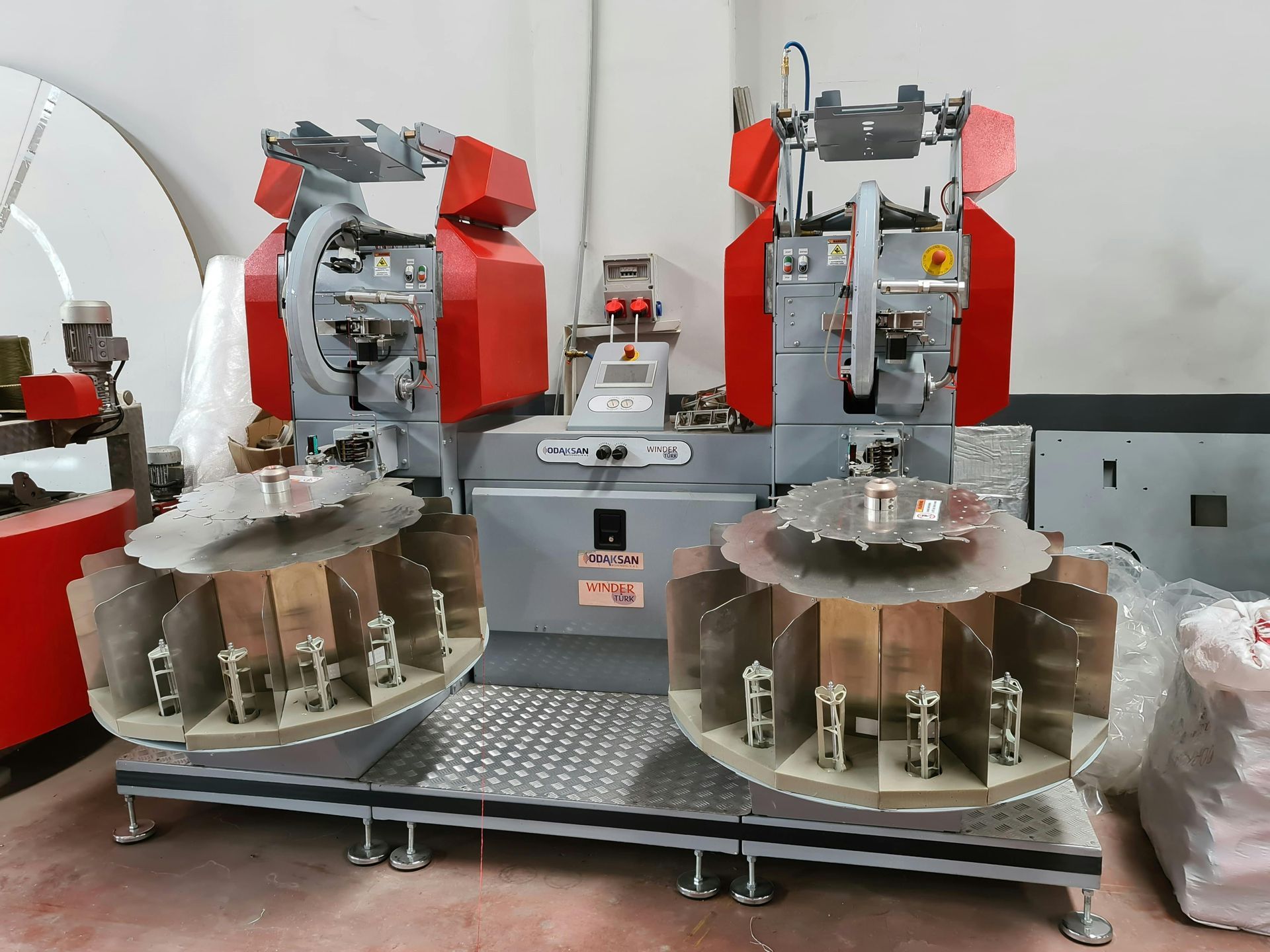4 reasons why you need to schedule family business meetings
Clarke McEwan Accountants

Clear communication is vital to the success of any business.
This is especially true in the case of family businesses, which account for more than two-thirds
of international companies.
Ninety per cent of family firms conduct business meetings on a regular basis. If yours is not yet among them, here are four reasons why you should consider making family meetings a top priority in 2017.
Meetings Build Unity
Humans have always yearned for a sense of belonging. An old Navajo interpretation of sadness is to "sleep outside the net." It's no wonder that the vast majority of members within successful family businesses report a sense of pride in being part of the family unit.
In fact, more than eight out of ten owners of the largest family businesses say that they care deeply for fellow family members, devoting a huge amount of time and effort towards cultivating a deep sense of unity among them.
One of the best ways to do this is by holding regular business meetings, which strengthen the relationships between members of the family and help to build cohesion, a key ingredient for success.
When families are in a state of agreement, rather than progress being stunted by short-term thinking, they have the freedom to take a long-term view of their business aspirations. They may, for example, pursue investments that promise growth at some distant point in the future, even if they don't generate quick returns.
Meetings Encourage Innovation
Successful family businesses adapt as their management changes hands from generation to generation, but it's also vital that they take care to maintain relationships as they vary over time.
A family meeting can help prevent stagnation, as newer generations are encouraged to offer fresh perspectives and ideas. Rather than allowing older members of the family to become too set in their ways, injecting exciting and novel ideas can be a lifeline – after all, in companies of all stripes, change is essential for survival.
Brown Brothers, a family-run wine company based in Milawa, Victoria, serves as a case in point. Founded in 1889 by John Francis Brown, the company spans four generations, with the first son, John Charles Brown, initiating ongoing experiments in trialing uncommon varieties.
Now considered "one of Australia's foremost winemaking innovators", his experimental approach continued down the bloodline, with more than 40 varieties now grown in diverse microclimates of the company's vineyards.
Katherine Brown, Assistant Winemaker for the 2015 Vintage, says that "always trying something different" remains a cornerstone of the Brown Brothers' philosophy.
Meetings Create Trust
Many family businesses delegate management responsibility to a few select family leaders. Although it's impossible and impractical to include every family member in every decision, these leaders should do their best to make their actions transparent. Failure to do so can result in anxiety rising within the family ranks.
There is often an unspoken but underlying assumption that certain issues, such as salaries or executive distributions, should remain closed to discussion. Since most family members count on the business for their livelihood, however, adopting this attitude results in a lack of knowledge. This can breed conflict.
Clear, open communication through regular meetings helps to foster a sense of trust and security. When family members feel able to ask any question without limitation, suspicion diminishes and a sense of security grows.
Meetings Resolve Conflict
Unfortunately, even with a focus on pride and unity, conflict is sometimes unavoidable. Nonetheless, a small amount of conflict can be healthy if families resolve the issues surrounding the disagreement in a positive manner.
The most successful families excel at resolving conflict, rapidly creating solutions and making adjustments to their ongoing practices. Working through differences can bring people closer together and enhance family cohesion.
Pretending that a conflict doesn't exist in the first place can cause serious problems. Families that feel unable to resolve conflict may delay making important decisions that both damage the overall health of the business and result in missed opportunities.
While family meetings can often be difficult, it's worth it in the end. Meetings can be used to facilitate business decisions, resolve differences, build trust and encourage innovation, allowing for families to work together in deciding on the best future for their enterprise.
David Harland CPA is managing director of FINH, an organisation that specialises in the provision of advice to family groups in business across the Asia-Pacific region. The opinions expressed in this article are those of the author.







